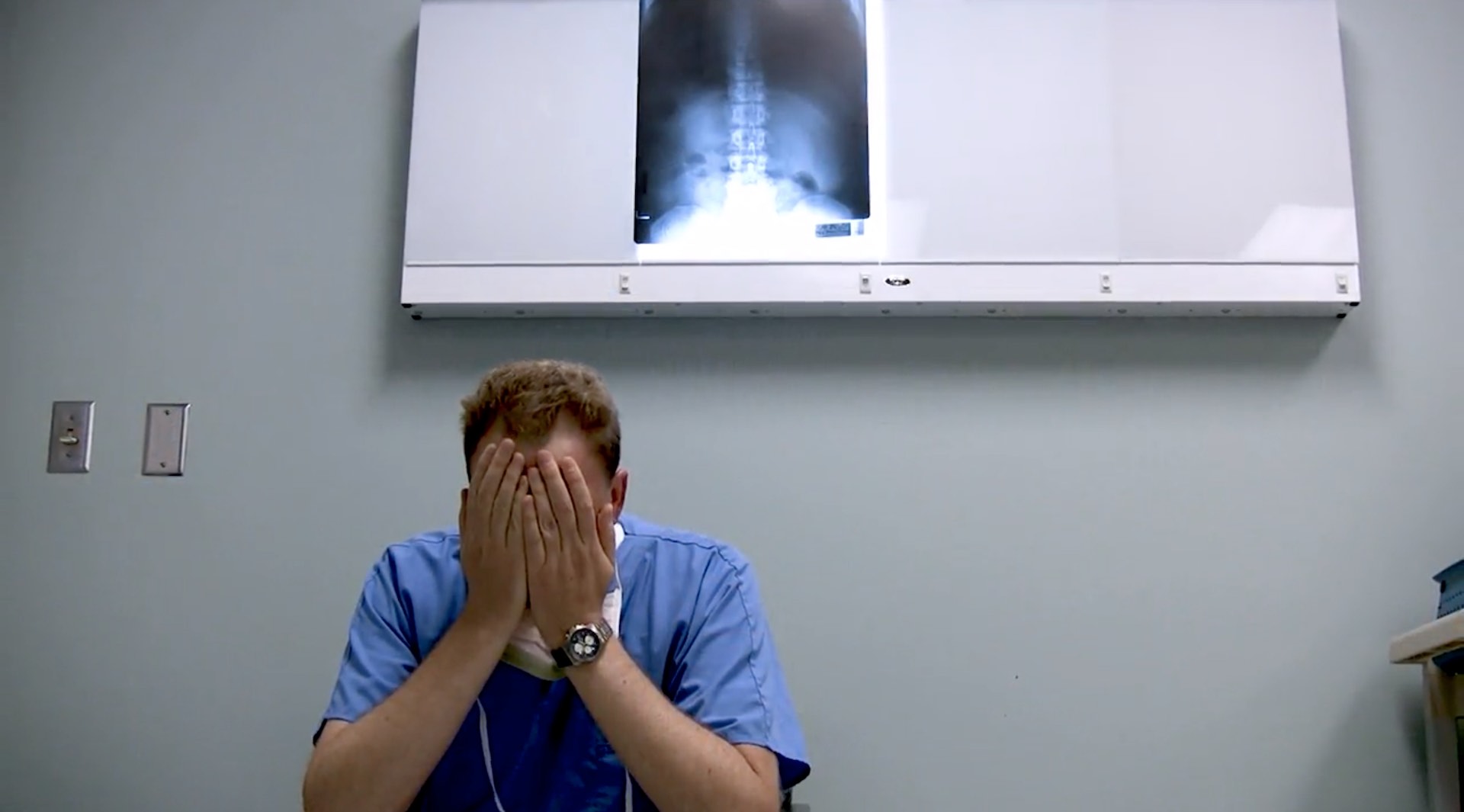NEW YORK (Reuters Health) – The risk of serious falls among elderly patients taking oxybutynin or tolterodine for urinary incontinence is similar, but oxybutynin may increase the risk of hospitalization or death, researchers report in the October issue of The Journal of Urology.
The anticholinergic effects of both drugs may contribute to the risk of falls, but no large-scale studies have directly contrasted the risk of falls between oxybutynin and tolterodine.
Dr. Tara Gomes from University of Toronto, Toronto, Ontario, Canada and colleagues examined the short-term risk of falls resulting in an emergency department visit or hospitalization in a retrospective cohort study of 40,563 matched pairs of individuals aged 66 years and older.
Fewer than 1% of both groups reached the primary outcome of a fall-related hospital visit within 90 days of initiating the medication, and the difference between the groups was insignificant after adjustment for other variables.
In addition, there was no difference in hospital visits involving a fracture or for delirium between the oxybutynin and tolterodine groups.
There was, however, a significantly increased risk of hospitalization for any cause (aHR 1.12) and a significantly increased risk of death from any cause (aHR 1.20) for oxybutynin users, compared with tolterodine users.
Although the investigators stopped short of favoring tolterodine over oxybutynin for urinary incontinence in elderly patients, they did note that oxybutynin is included in the Beers list of potentially inappropriate medications for older adults and suggested that more vulnerable older patients may be preferentially prescribed tolterodine.
“Further research is required to investigate the comparative risks of these drugs,” they conclude.
Reference:
Risk of Serious Falls Associated With Oxybutynin and Tolterodine: A Population Based Study
J Urol 2011;186:1340-1344.






